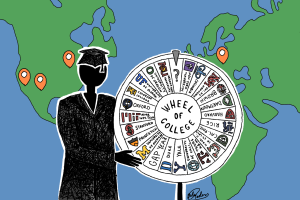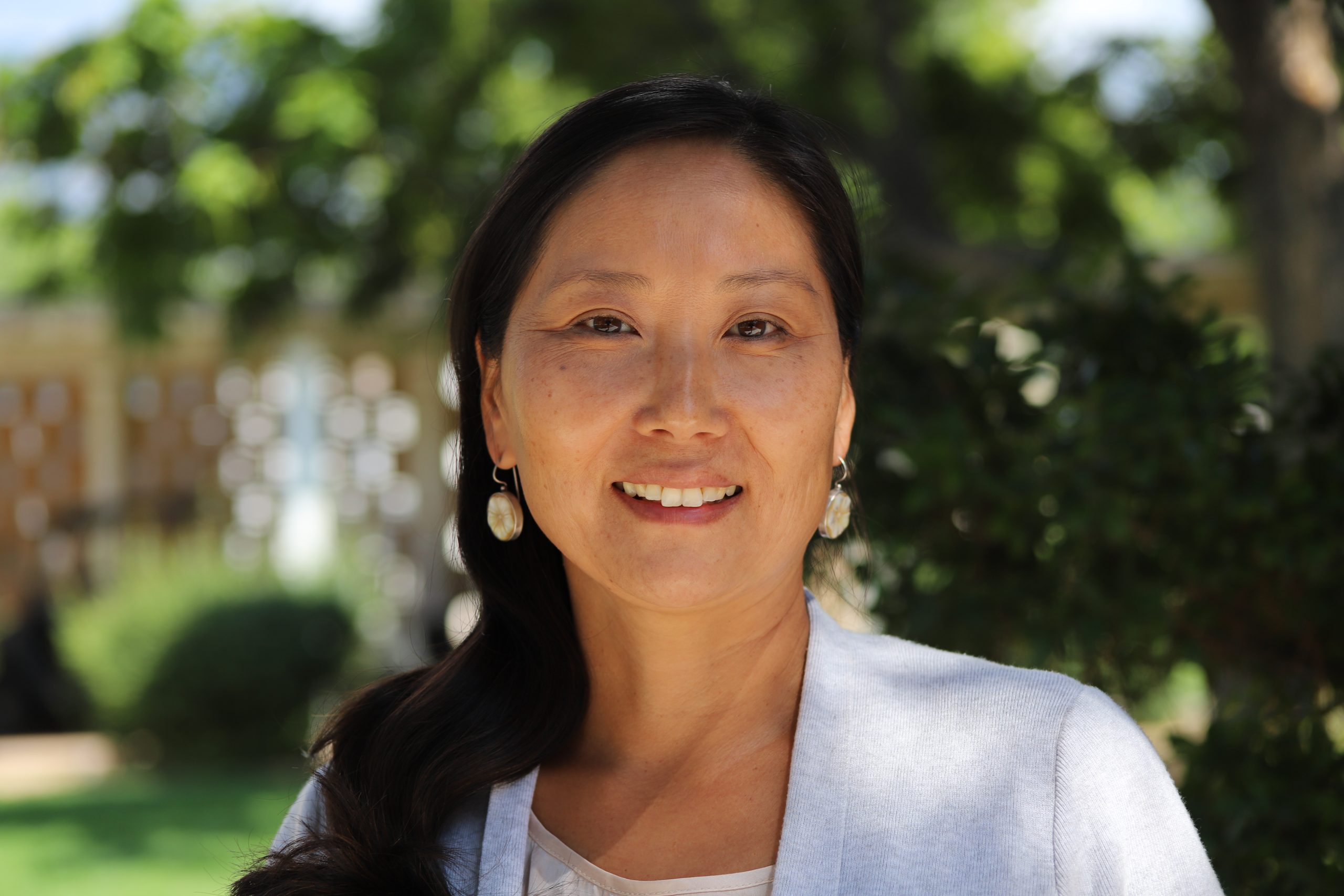Online School: The Teachers’ Perspective
Teachers unite as they face the challenges of online learning.
February 8, 2021
We have heard from the students and now it’s the teacher’s turn! The Advocate interviewed five AA teachers, ranging in all departments, to learn how they have adapted to the challenges of online learning. Covid-19 has affected AA in different ways, from sports, school, and socialization. The ability to change and adapt to drastic circumstances shows the growth that the AA teachers have exemplified in astronomically.
The interviewees were Austin Murphy (Mathematics in 10-12), Carson Morris (History in 10-12), Dina Knouse (Spanish in 6-7), Miranda Fleig (Science in 10-12), and Jeremy Mayne (Guitar in 6-12).
A common thought which was evident in all the interviews was testing and the purpose of test-taking. Due to school being online, all the teachers had to reconsider testing due to the risk of cheating or an “unfair playing field.” As said by Mr. Murphy, “I can’t assure a level playing field in a zoom but there wasn’t really a level playing field in the classroom. Either you know some kids go home and they had a quiet place where they could study and someone who will cook them a nice dinner, and other kids [will] go home, look after their nephews and nieces and cook dinner [themselves]and they don’t get to sit down until the kids are asleep.” With online-learning, the teachers have put a lot of trust in students. We are trusted to be attentive during class and be truthful when taking a test, meaning no cellphone or outside sources.
The AA staff has started to come up with creative ways to make sure their students are learning and comprehending what they need to know. Online-school is forcing faculty to be more creative when it comes to class time due to them having to fill 2 hours each day instead of the regular 45-minute blocks. For example, Senora Knouse had her kids create a rap song for the Spanish pronouns. She explains, “it’s interesting how kind of being forced to be online has shown me that this might not be a bad way to assess students.”
As well as a creative change, most departments have faced a curriculum change due to the crammed trimester style. For example, Mrs. Fleig explained the current changes to the science classes, “ The biggest component is to figure out how to do labs at home.Usually, you’re in the classroom with the teacher and you’re able to help the students. Now, we’ve had to figure out, what can we send home [to the students]? What’s easy for the students to do, but still have meaningful lab experiences?”
As if normal classes aren’t hard enough online, AP teachers have had to face teaching in the first trimesters when the AP Exam isn’t until the end of the spring trimester (in May). Now, they have to teach large amounts of material at an accelerated pace. Dr. Morris explains, “the department has encouraged us to have these conversations because these are things that are so meaningful to students that are so polarizing and potentially right.”
To end on a lighter note, I had all the teachers give me either a song lyric, a word, or a sentence to describe this school year as a whole from online learning to COVID-19, and as said by Mr. Mayne, “It’s the end of the world as we know it, and I feel fine,”- R.E.M. The teachers are excited and hopeful to see all the students arrive in the end of February.








